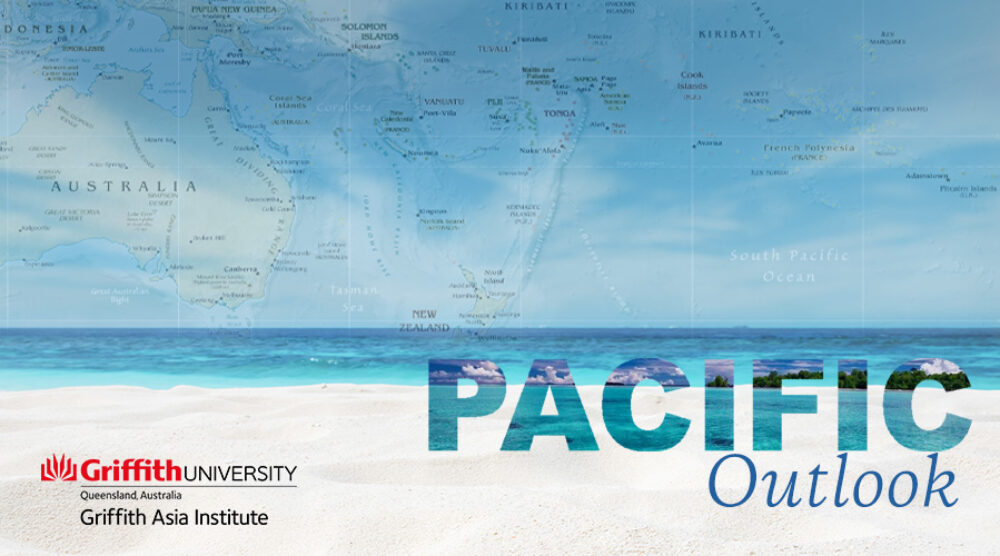TESS NEWTON CAIN |
High level meeting to resolve the Micronesian 5 Impasse
A number of Pacific leaders gathered in Fiji this week. They include the leaders of Samoa, Cook Islands, Palau, and the Federated States of Micronesia. Their objective was to resolve the issue of whether the “Micronesian Five” (Federated States of Micronesia, Kiribati, Marshall Islands, Nauru, and Palau) can be persuaded to abandon their plan (currently paused) to leave the Pacific Islands Forum.
For the Forum Chair (PM Bainimarama of Fiji) and the Forum Secretariat, it is important to have this finalised before the Leaders’ meeting, which is expected to be held in July. It would be likely to dominate the agenda otherwise.
Recent events, including the visit of Chinese Foreign Minister, Wang Yi, are likely to have a significant influence on the deliberations of the group as they make one final attempt to thread this particular regional needle.
Visiting Foreign Ministers criss-cross the region
Chinese Foreign Minister, Wang Yi, concluded his Pacific tour last week. Unsurprisingly, his government and their spokespeople have cast the eight-country trip as a success. It certainly appears that Minister Wang returned to Beijing with a sheaf of freshly signed bilateral agreements. However, it’s not clear how many relate to new initiatives and which are formalising pre-existing arrangements.
Meanwhile the Australian Foreign Minister, Senator Penny Wong, spent two days in the region visiting Samoa and Tonga. In Samoa she and Fiame Naomi Mata’afa signed the ‘Tautua – Human Development for All’ agreement, which will span eight years. In Tonga, Minister Wong had an audience with King Tupou VI and meetings with the Prime Minister and members of the cabinet. Discussions centred on climate change and visa issues. Minister Wong has advised that she has received correspondence from her Chinese counterpart.
Cook Islands and Samoa open diplomatic missions in Fiji
Both Cook Islands and Samoa have expanded their diplomatic presence in the region. This week saw each of these countries open a High Commission in Suva, Fiji. The openings were attended by Prime Minister Mark Brown and Prime Minister Fiame Naomi Mata’afa respectively.
This is a significant development in Pacific statecraft. It demonstrates an increased deepening of bilateral relationships with Fiji, and accords a degree of increased legitimacy to the Bainimarama government. It also reflects the importance that these countries place on having ready access to key regional bodies, including the Pacific Islands Forum.
This development contrasts with the position of Palau, whose Embassy was closed as part of the fallout further to the controversial election of Henry Puna as Secretary-General of the PIF last year.
The diplomatic corps in Fiji is now sizeable and provides a strong set of resources to add to bilateral and regional dialogues.
Appeal case brought by Kanak Customary Senate denied
A French court has denied an appeal against the result of last year’s referendum on Independence held in New Caledonia.
The highest administrative court in France has rejected the claim brought by the Kanak Customary Senate that the impacts of the COVID-19 pandemic were such as to make the result of the vote illegitimate.
The referendum saw 96% of the votes cast in favour of New Caledonia remaining a part of France. However, the turnout was very low after pro-independence groups called for their supporters to stay at home and not take part in the vote.
However, the French court rejected the claim that COVID-19 had disrupted the process to the point that it could not be considered valid. It also found that a 12-month mourning period that was called by the Customary Senate was something that could have compromised the vote’s sincerity.
Tess Newton Cain is an Adjunct Associate Professor at the Griffith Asia Institute and project lead of the Pacific Hub.








